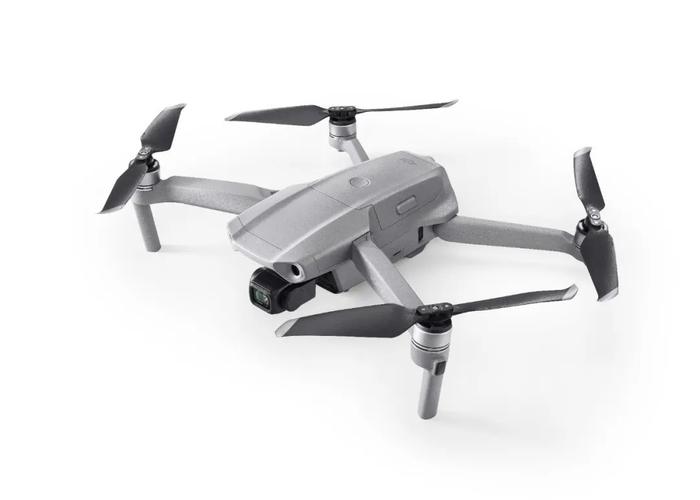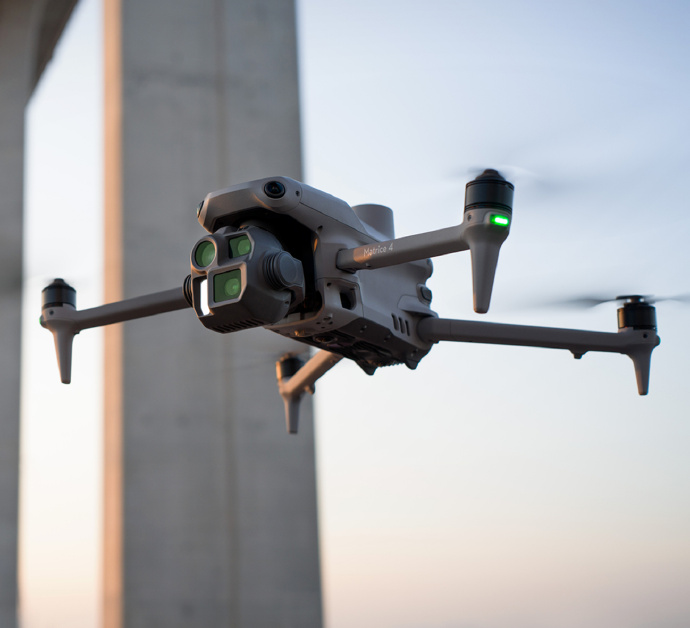In the rapidly evolving world of technology, drone delivery services are poised to revolutionize logistics. These flying marvels are not only changing how goods are transported but are also redefining the speed and efficiency of global supply chains. As companies invest heavily in this technology, the future of logistics appears more promising than ever.
Understanding Drone Delivery Services
Drone delivery refers to the use of unmanned aerial vehicles (UAVs) to transport packages from one location to another. This method of delivery provides numerous advantages over traditional modes, including faster delivery times, reduced operational costs, and increased accessibility to remote areas. Drone delivery services are particularly beneficial in urban environments where traffic congestion is a significant issue.
Benefits of Drone Delivery
- Speed: Drones can reduce delivery times substantially, with some services promising deliveries within minutes.
- Access: They can reach areas that are difficult to access by conventional vehicles, such as rural or disaster-stricken locations.
- Cost: Operating costs are lower because drones require less maintenance and no fuel.

Given these advantages, it’s no surprise that industries such as healthcare, retail, and even agriculture are exploring how drone delivery services can benefit their operations.
Challenges Faced by Drone Delivery Services
While the benefits are clear, there are challenges that must be addressed before drone delivery services become mainstream. These include:
become mainstream. These include:
- Regulatory hurdles: Many countries have stringent regulations governing the use of drones, which can vary widely between regions.
- Safety concerns: Ensuring the safe operation of drones, especially in populated areas, is paramount.
- Weather dependency: Adverse weather conditions can impact drone flights, affecting reliability.
Companies are collaborating with regulatory bodies to find solutions that will allow drones to operate safely and effectively.
The Impact on Supply Chain Logistics
The introduction of drone delivery services into supply chain logistics promises to enhance efficiency. Drones offer real-time tracking capabilities, which assist companies in managing inventory and reducing waste. Additionally, they can streamline last-mile delivery—a critical component of logistics that often incurs the highest costs and complexities.
Drone Delivery and Sustainability
Drone technology is also aligned with sustainability goals. By reducing reliance on fossil fuels and minimizing the carbon footprint of deliveries, drones contribute to more environmentally friendly logistics solutions. As consumers increasingly demand sustainable practices from businesses, drone delivery services are positioned as a promising solution to meet such expectations.
Future Prospects and Innovations
The adoption of drone delivery services continues to grow, with companies investing in innovative technologies to overcome existing challenges. Advances in AI and machine learning are being integrated into drones to enhance navigation and decision-making capabilities. Moreover, new battery technologies are extending flight ranges, making drones even more practical.
Frequently Asked Questions
- What items can be delivered by drones?
- Generally, lightweight and small items are ideal for drone delivery, although advancements are being made to increase payload capabilities.
- Are drone deliveries safe?
- Drone technology incorporates numerous safety features and operates under strict regulations to ensure safety, especially in urban areas.
- Can drones deliver in bad weather?
- While drones are designed to handle various weather conditions, extreme weather can impact their operation. Companies are working on enhancing weather resistance.
As the future unfolds, drone delivery services will undoubtedly become a cornerstone of logistics, offering speedy, efficient, and sustainable solutions in an increasingly interconnected world.
